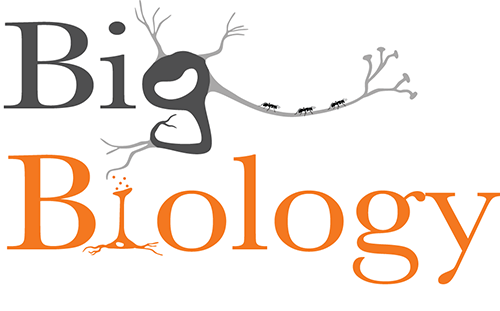

Files
Loading...
Interviewer(s)
Art Woods, Marty Martin
Interviewee(s)
Erik Svensson
Description
How has evolutionary biology evolved over time? What does it take to study evolution in natural populations?
On this episode, we talk with Erik Svensson, an evolutionary biologist at Lund University, Sweden. Historically, evolutionary theory has focused largely on population and quantitative genetics, but the complexity of interactions between genetic variation, organisms, and their environments poses challenges to testing the theory in nature. In a recent perspective, Erik revisits a landmark 1983 paper by Russ Lande and Steven Arnold, “The measurement of selection on correlated characters,” that fundamentally altered how evolutionary biologists study evolution in natural populations. Erik digs into that transition and into the ongoing challenges of studying evolution in the wild. Yet, some biologists argue that such approaches fail to capture phenomena such as phenotypic plasticity, niche construction and epigenetic inheritance, and have called for an even broader update to evolutionary theory. We discuss whether it will be possible to develop a single cohesive theory of life, drawing from Erik’s research and from our own conversations with past guests.
Cover photo: Keating Shahmehri
Date Published
10-19-2023
Language
eng
Run Time
1 hour, 5 minutes, 54 seconds
Digital File Format
audio/mp3
Document Type
Podcast
Recommended Citation
Woods, Art and Martin, Marty, "Episode 108: The dialectical biologists: challenges of studying evolution in nature (with Erik Svensson)" (2023). BigBiology Podcasts. 111.
https://scholarworks.umt.edu/bigbiology_podcasts/111
